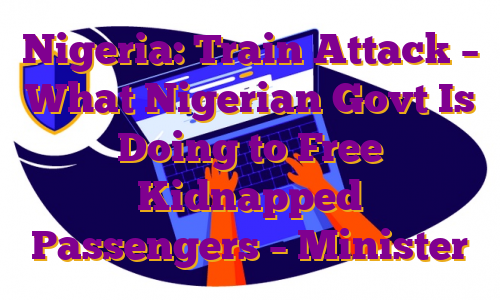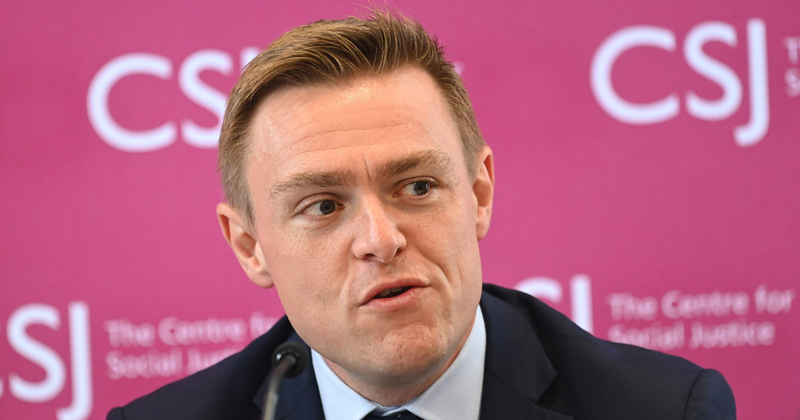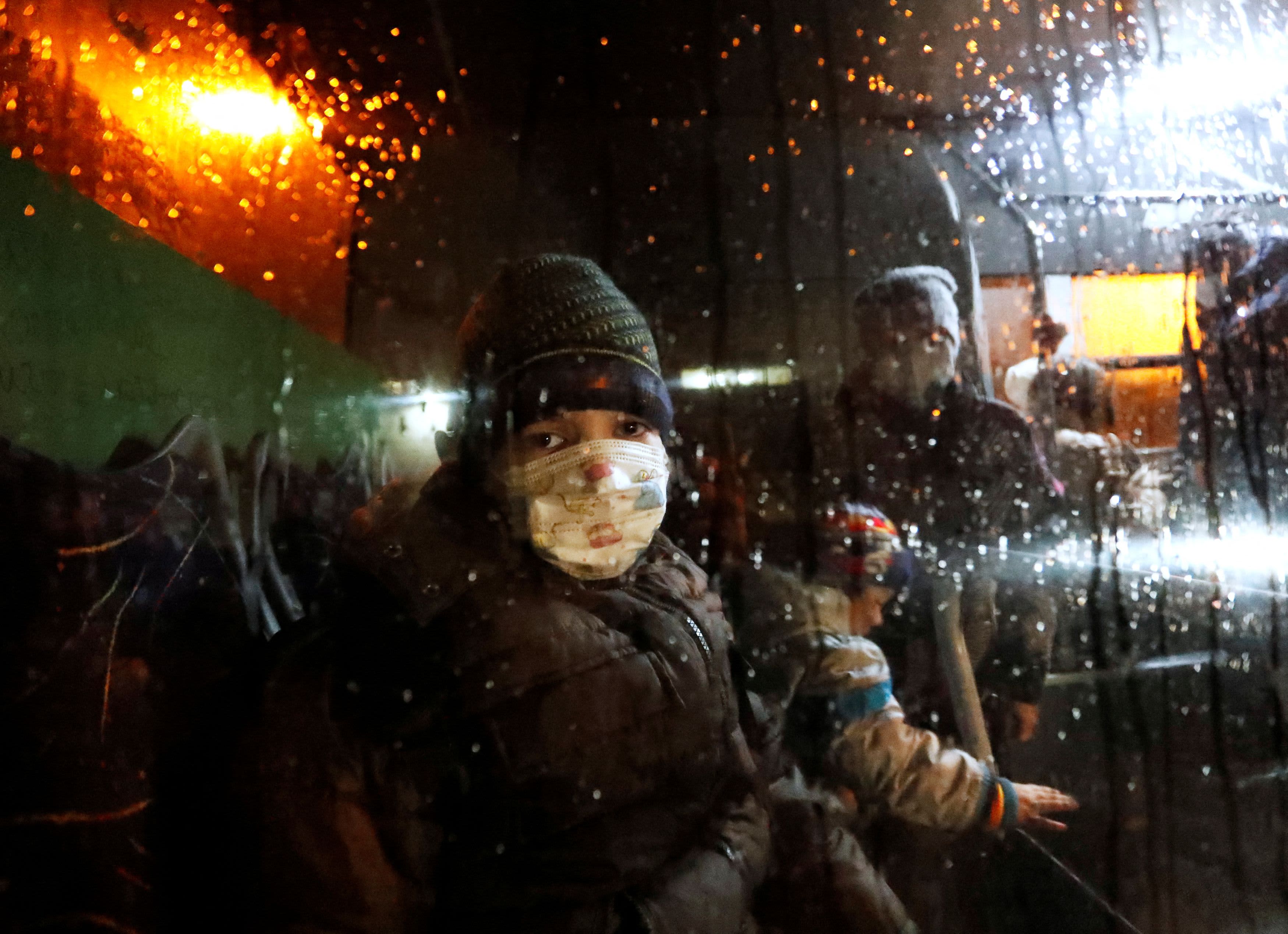“The various arms of security are working night and day to unravel the mystery surrounding the attack as a whole and the kidnapped people.”
The Nigerian government says it is doing all it can to free the dozens of people kidnapped from a train in Kaduna last month.
Information minister Lai Mohammed said though the government would not disclose details of its efforts to the media, “what I can assure you is that as we speak, the respective arms of the government are actually engaged in getting those victims released.”
Mr Mohammed spoke at the end of Wednesday’s Federal Executive Council meeting presided by President Muhammadu Buhari.
“What the federal government is doing won’t be the subject matter of a press conference, because we have lives at stake. The various arms of security are working night and day to unravel the mystery surrounding the attack as a whole and the kidnapped people,” the minister said.
“What I can assure you is that as we speak, the respective arms of the government are actually engaged in getting those victims released. It’s natural for anybody who is a father or a mother of a kidnapped person to be worried and to be concerned.”
PREMIUM TIMES reported the March 28 attack on a Kaduna-bound train by gunmen. At least eight people were killed by the gunmen and dozens of other passengers were kidnapped. The gunmen have since released videos of some of the kidnapped passengers.
End to Attacks
Mr Mohammed said the military, in collaboration with other security agencies, is working hard to bring to an end the frequent attacks on innocent citizens.
He said the government is aware of the concerns of Nigerians regarding the security situation in the country.
“At the level of government, we appreciate the concerns of citizens and we are leaving no stone unturned, but we’ll not give you specific steps we’re taking. I think it will be counterproductive and not going to aid or help those who are kidnapped or help the security forces who are tracing and ensuring that there’ll be no repeat of such attacks,” he said.
PREMIUM TIMES reported that about 3,000 people were killed and almost 1,500 kidnapped in the first three months of 2022. This is according to data released by the Nigeria Security Tracker (NST), a project of the Council on Foreign Relations.
Bandits working with Boko Haram
On Wednesday, the minister also said the government is aware of a collaboration between bandits operating mainly in the North-west and members of the Boko Haram terror group, that operates mainly in the North-east of Nigeria.
“What is happening now is that there is a kind of an unholy handshake between bandits and Boko Haram insurgents. Preliminary reports of what transpired at the Kaduna train attacks show that there is a kind of collaboration between the bandits and the dislodged Boko Haram terrorists from the northeast. I can tell you very confidently that the Federal Government is on the top of this matter,” he added.

Sign up for free AllAfrica Newsletters
Get the latest in African news delivered straight to your inbox
Success!
Almost finished…We need to confirm your email address.To complete the process, please follow the instructions in the email we just sent you.
Error!
There was a problem processing your submission. Please try again later.
Apart from the information minister, defence minister Bashir Magashi also addressed journalists after the FEC meeting.
He said the military would soon unravel those behind the incessant attacks and banditry.
“Honestly, I think the security chiefs are working hard to unveil those that are involved, and we will tell you very soon those that are carrying out these attacks. Both in Jos and Kaduna, we will come and explain to the public what is really going on and our efforts to ensure that all these activities are stopped once and for all.
“We are really on top of the situation, we are planning hard and we will get it out as soon as possible,” he said.
Mr Magashi announced that at Wednesday’s meeting, the Federal Executive Council approved the purchase of more operational vehicles for the military.
He said they would be used for the transportation of troops and cargo to various areas where there are security challenges.
.










